Scientists Say
A weekly word defined, in a sentence and in context. Click here to find the alphabetized list.
-
 Tech
TechScientists Say: Engineering
Want to build a bridge, clean dirty water, make a new drug or build a machine? You’re going to need an engineer — someone who uses science and math to solve practical problems.
-
 Health & Medicine
Health & MedicineScientists Say: Ultrasound
Ultrasound is a word used to describe any sounds higher than a person can hear. It’s also a technique used to see inside the body.
-
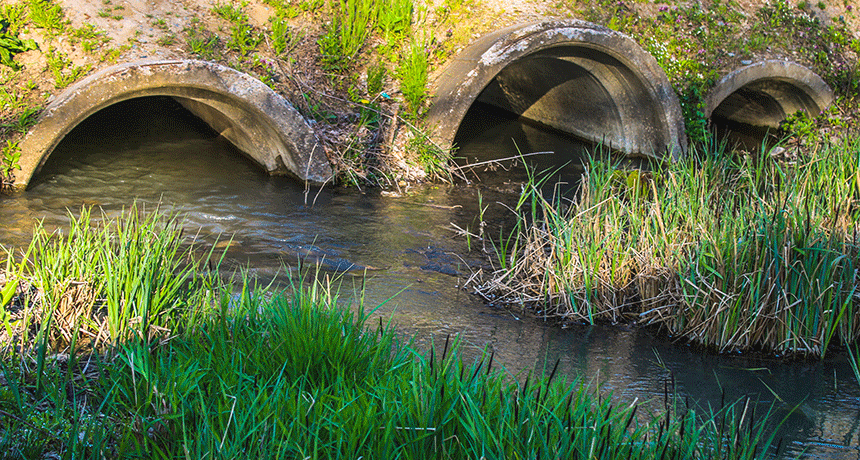 Earth
EarthScientists Say: Runoff
Water that flows through soil and into rivers, lakes and oceans becomes runoff. That runoff can carry part of the land — including its pollution — to the sea.
-
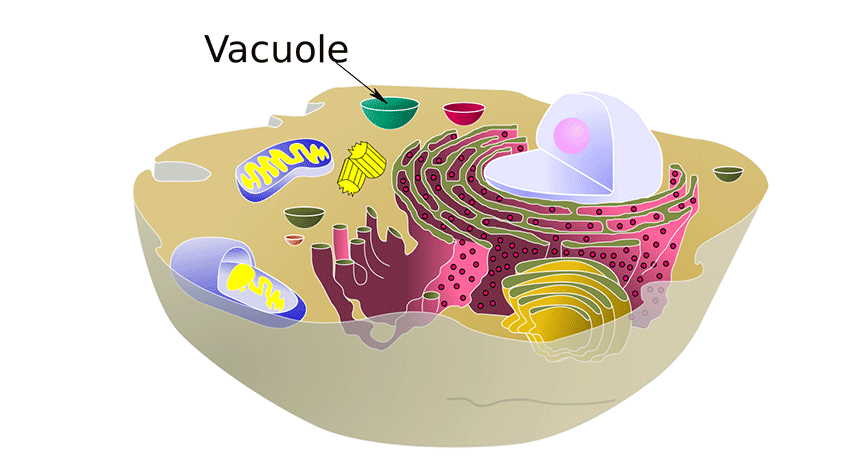 Life
LifeScientists Say: Vacuole
Cells can’t always get rid of trash or digest food immediately. This week’s word describes where they store their stuff.
-
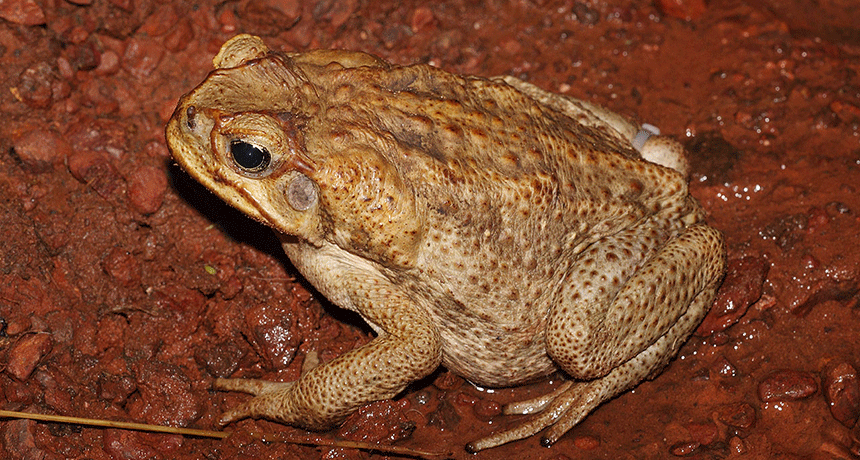 Animals
AnimalsScientists Say: Invasive species
These are foreign species that are causing problems for native organisms and ecosystems.
-
 Health & Medicine
Health & MedicineScientists Say: Nocturnal and diurnal
Nocturnal animals are active at night. Diurnal animals live it up during the day.
-
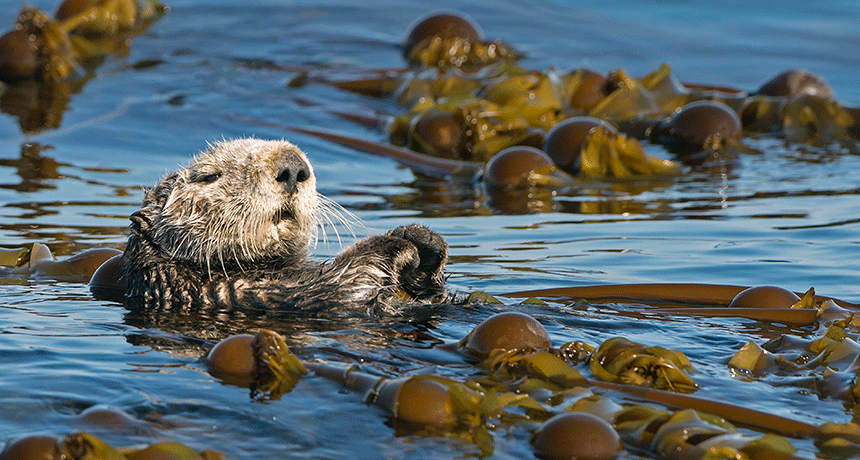 Life
LifeScientists Say: Kelp
Kelp is a kind of seaweed that forms huge forests under the ocean. But it isn’t a plant; it’s a type of algae.
-
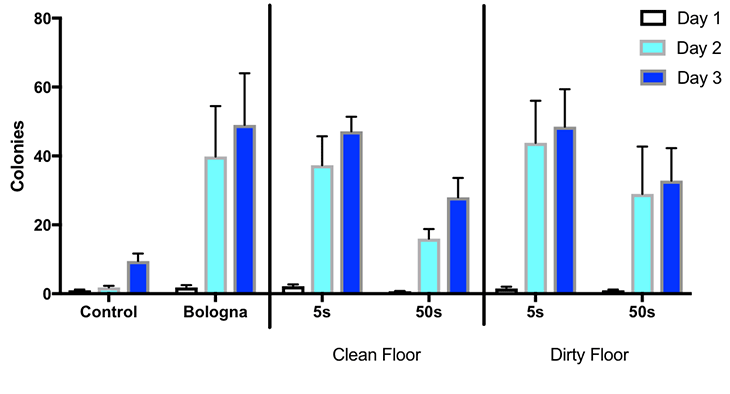 Math
MathScientists Say: Uncertainty
In science, uncertainty is a term used to express how much data might vary around a measured point.
-
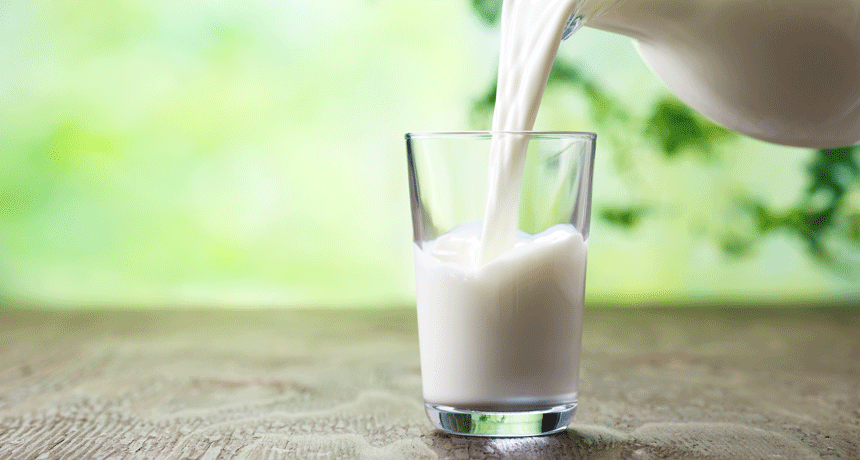 Health & Medicine
Health & MedicineScientists Say: Lactose
You might not think of dairy products having sugar, but they do. Milk is rich in a sugar called lactose.
-
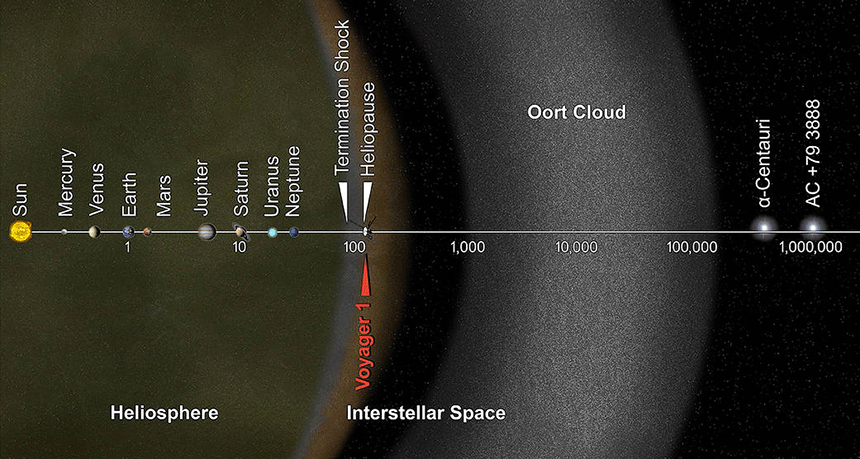 Space
SpaceScientists Say: Oort cloud
The very edge of our solar system is a crowded place. It’s full of ice and rocks in a bubble called the Oort cloud.
-
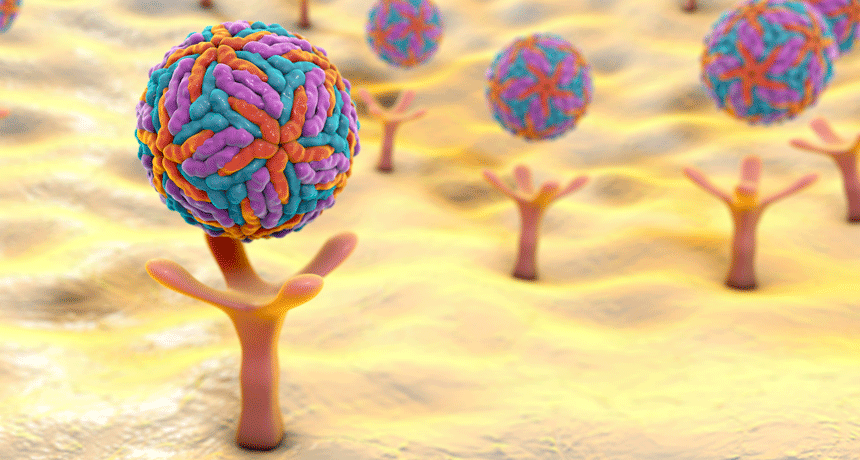 Brain
BrainScientists Say: Receptor
This molecule is a chemical messenger’s docking station. A receptor serves as a lock for cell activity.
-
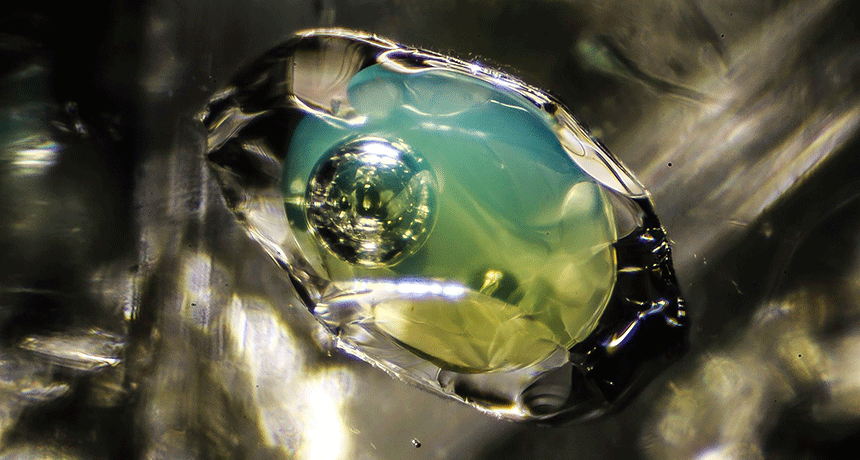 Earth
EarthScientists Say: Inclusion
As rocks form slowly, they can trap things in their timeless clutches. A material trapped inside a mineral is called an inclusion.